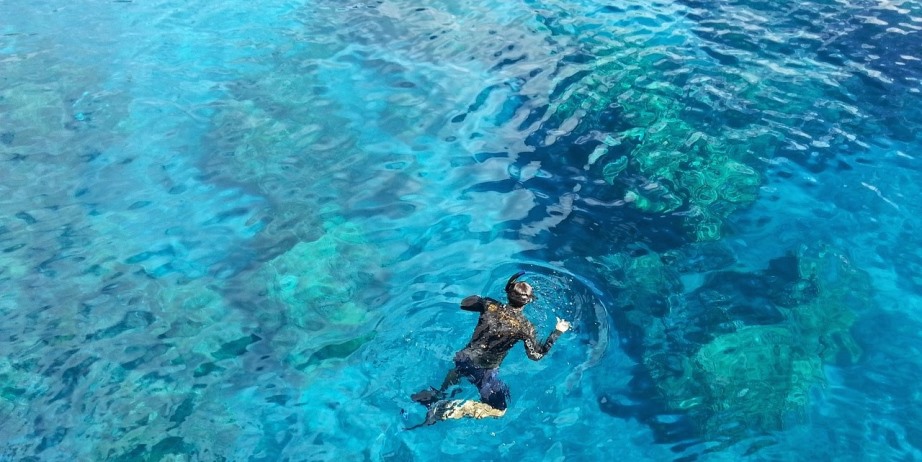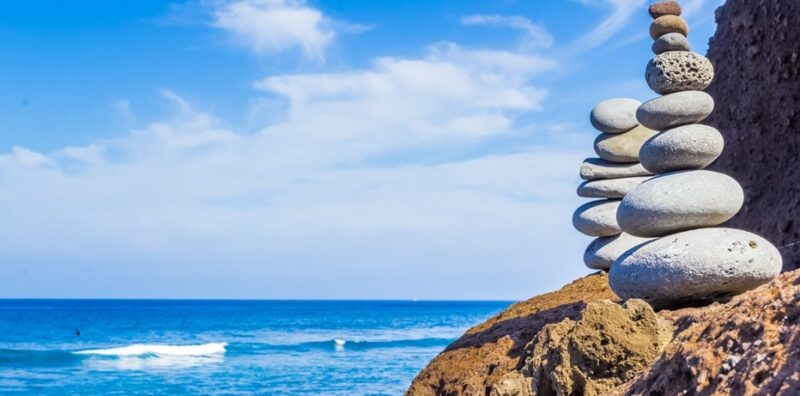
Snorkeling involves swimming face-down on the surface of a body of water (usually the sea or ocean) while equipped with a diving mask, a breathing tube called a snorkel, and usually swimfins.
The practice of snorkeling is done to observe and enjoy underwater attractions such as rock, sand, and coral reefs and underwater life (like fish, corals, crabs, sea stars, turtles, and many more) for extended periods. It’s often carried out in clear tropical waters, but it can also be done in colder environments (if you wear a protective wetsuit).

Actually, I find snorkeling one of the most exciting experiences of the beauty of life. I have snorkeled many times in the tropical waters of Thailand, notably those of Koh Tao island (Gulf of Thailand), and it’s really a very peaceful, calming, and at the same time magnificent experience to watch the different types of multi-colored fish and beautiful coral reefs.
Apart from being able to enjoy the incredible beauty of underwater Nature, snorkeling likewise brings all the many health benefits associated with swimming.
Snorkeling is really an activity that appeals to all ages, and it’s possible to practice it in almost any body of water. Nevertheless, it’s usually carried out where the water is warm, calm, and rather shallow (one to four meters deep), and where you can easily observe a reef or a shipwreck and the bounty of life swarming around it.
Mind that to protect underwater Nature it’s advised to pay attention not to stand, step, or walk on coral reefs. In places where many tourist come to snorkel it’s not uncommon that significant damage has been done to corals.
Corals can break and die, with all the consequences of that — not only for the reefs, but for the balance of life around it and the animals needing the reefs to find food, hide, and/or procreate. Even touching coral reefs with your hands can cause corals to die (for instance from sunscreen cream or oil on your hands).
















